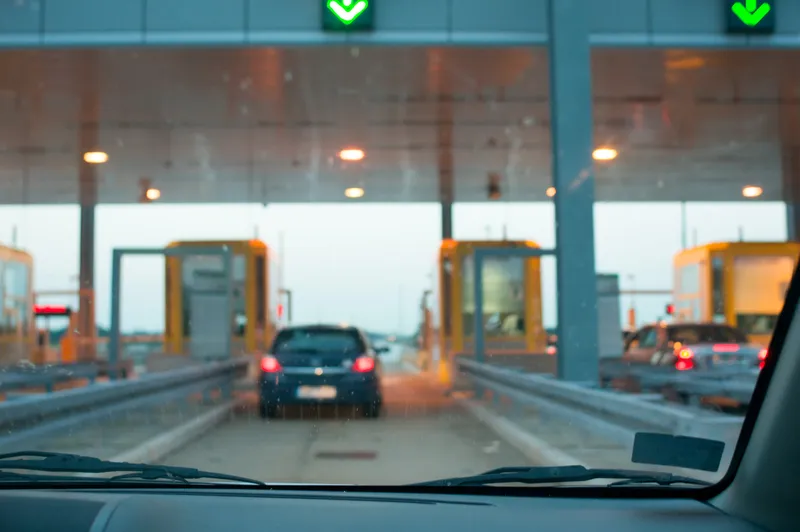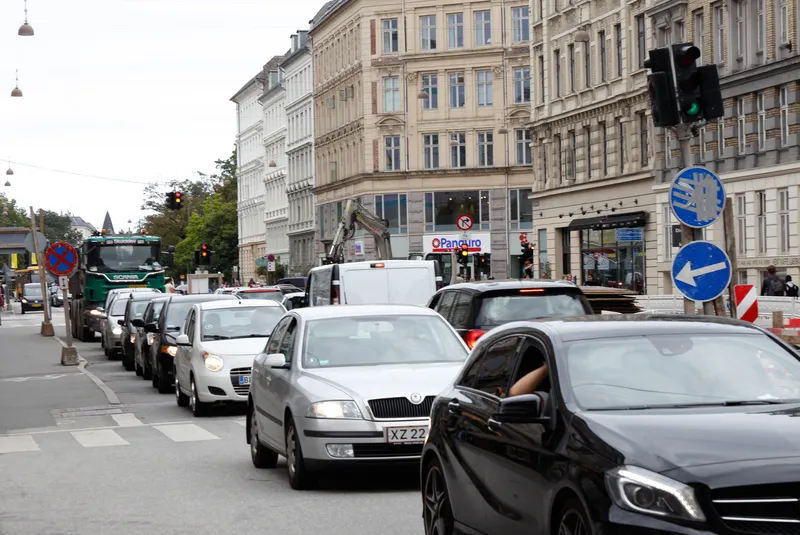
Kapsch TrafficCom is to convert three remaining New Hampshire Department of Transportation (NHDoT) toll zones to mainline all-electronic tolling (AET) from mixed-mode payment.
This project extends Kapsch’s work scope initially contracted in 2015, in which it converted NHDoT toll sites at Hampton and Hooksett to provide a free-flow AET option at those toll plazas.
The sites Kapsch will convert to AET are at Dover, Rochester and Bedford, and will each feature single-gantry architecture that contains all tolling equipment. The Kapsch nVDC stereoscopic video sensor will trigger numberplate reading cameras while supporting vehicle detection and classification, along with sensors and in-pavement treadles. The Kapsch VRX camera will facilitate video tolling for vehicles that do not have a toll transponder.
Kapsch says drivers will no longer need to stop, slow down, or change lanes at any point along these five sites in order to pay tolls, which will help improve traffic congestion, road safety, and vehicle emissions.
As part of the project, Kapsch will also enhance its existing multiprotocol readers (MPR2.3) along NHDoT toll sites, enabling the agency to process all tolling protocols and support the goal of national tolling interoperability.
JB Kendrick, president of Kapsch TrafficCom North America, says: “The introduction of new free-flow traffic lanes at all NHDoT toll sites will offer drivers increased convenience and faster journeys, and we are glad to partner with NHDoT in this effort by expanding our proven AET solution at all the plaza locations."









